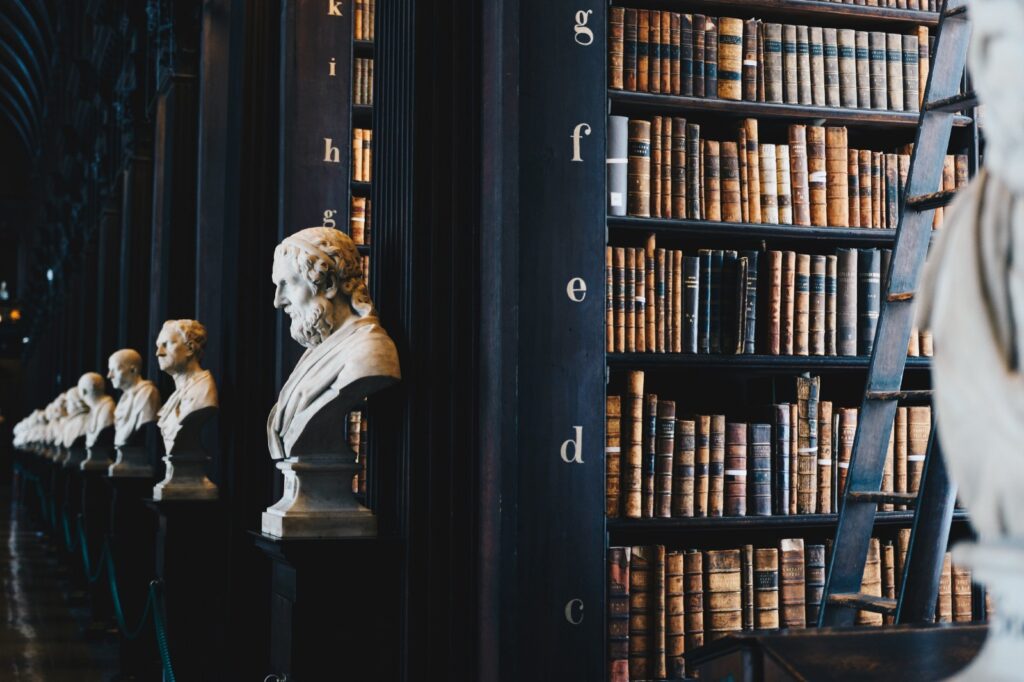
History too often gets told badly. One consequence of that is that we tend to know so few instances of individuals making a difference that we can feel powerless to affect the future. That is an illusion created by the way in which we tell the stories. (There are notable exceptions, but these are often marginalized as “alternative” history.)
Look at a short history lesson concerning the Great Depression and the New Deal as example. No doubt it will mention President Franklin Roosevelt, but who else gets a mention? Perhaps one or two exceptional cabinet members. Yet there were millions of voters and thousands of federal employees who actually made the New Deal work, not to mention the thousands of activists out on strike and out on the street pushing for the progressive change that the New Deal partially embraced.
The way history is taught communicates the idea that only great and famous people move history. And that just isn’t the case. Just as we human beings are “nature naturing,” as Spinoza put it, we are also “history history-ing,” all of us part of an oscillating loop creating the human reality.
Take the example of Charles Darwin. Many people know Darwin’s name and what he did. And the long list of predecessors who approached the theory of natural selection is relatively widely known. But consider a group called the Aborigines’ Protection Society (later to join the Anti-Slavery Society, which still exists). The Aborigines’ Protection Society was a group formed in 1837 to protect the rights of native peoples from the horrors of European colonization.
They were a religiously motivated group that used as their motto the Latin phrase ab uno sanguine, “of one blood.”
The phrase occurs in Christian scripture, the book of Acts, 17:24–26:
God that made the world and all things therein, seeing that he is Lord of heaven and earth, dwelleth not in temples made with hands;
Neither is worshipped with men’s hands, as though he needed any thing, seeing he giveth to all life, and breath, and all things;
And hath made of one blood all nations of men for to dwell on all the face of the earth, and hath determined the times before appointed, and the bounds of their habitation . . . (KJV)
“Of one blood.”
Why is this passage important? Because for the people of the Aborigines’ Protection Society it meant that all of humanity was descended from Adam and Eve. Which meant — in their minds — all people had the same human rights. Period. Therefore, slavery was clearly wrong. Damaging other cultures was clearly wrong. Colonizing the planet was clearly wrong.
Sounds like a no-brainer to many of us nowadays, but it was not so clear in the time of Darwin.
The theory that all of humanity came from common ancestors is known as monogenism. In the 1830s that was the position of some radical Christians, such as those belonging to the Aborigines’ Protection Society.
Many scientists of the time, however, were polygenists. Meaning they thought that human beings came from different forebears. This was the underpinning for some dangerous theories concerning race. And bolstered the prejudice that there are superior and inferior races.
(I should mention that there are still polygenists out there, despite overwhelming evidence to the contrary. But in Darwin’s time the belief was widespread.)
So, where did Darwin get his conviction that all of life evolved from one common ancestor? Yes, his theory points in that direction, but how was it that Darwin was prepared to pursue the direction of a common ancestor or all living things in his science?
Might it have been the influence of his wife, Emma Wedgwood Darwin, who came from a family of abolitionists? Might it have been the Aborigines’ Protection Society? Or even the bible? All of the above?
We will never know for sure, yet we know there were influencers and influences “lost to history” if we tell the story badly.
No, great ideas and great actions aren’t the sole purview of the rich, the powerful, or the famous. The world and the future belong to us all.
